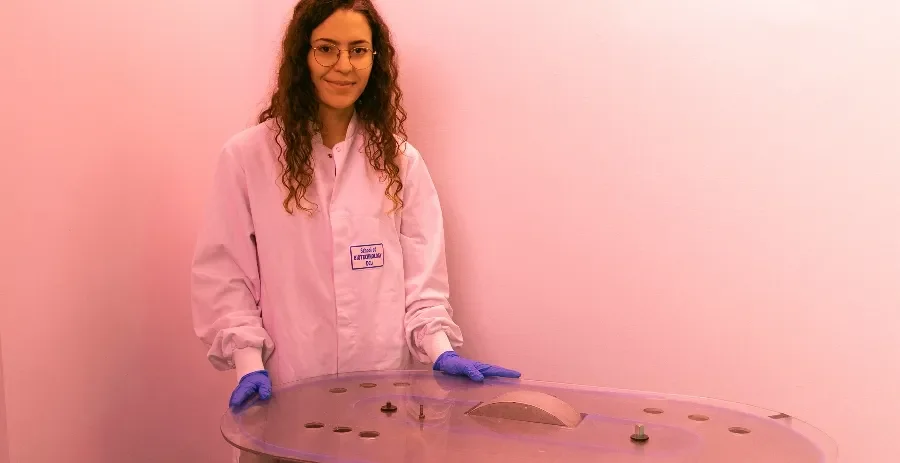

SoBT Researchers Discover Hidden Energy Potential for Brewing Industry
Researchers from the School of Biotechnology at DCU have published findings which highlight the hidden energy potential in the waste produced as part of the brewing process; a resource they can harness through a method they have developed using chemical and mechanical processes.
Asst. Professors Burcu Gunes and Jenny Lawler of the School of Biotechnology and Water Institute at DCU, have published their method which details a means which might prove imperative to the brewing industry as interest in sustainable methods fit for industrial scale is ever increasing.
‘The number of Irish Craft Breweries and Distilleries is increasing by the day, as entrepreneurs look to capitalise on the increased global interest in beers and spirits’, explains Asst. Prof. Burcu Gunes, ‘as production increases, so in turn does the amount of waste generated by the processes involved in the manufacture and production of such'.
'In certain instances, the amount of waste produced can be plentiful - for every litre of malt whiskey produced for example, there is a resultant 8-15 litres of organic wastewater produced too’.
Disposal of this material can prove tricky, and studies have demonstrated the negative effect this waste can have on the environment if not treated and disposed of correctly. Disposal via water bodes and landfill areas have seen detrimental effects on aquatic life and agriculture respectively.
However, Asst. Professors Gunes and Lawler, in collaboration with Alltech Biosciences Ltd, and colleagues in DCU Business School and the School of Mechanical and Manufacturing Engineering, have found a way turn this negative into a positive by harnessing the untapped energy potential this waste contains, whilst also simultaneously converting the once potent material to a far more inert material after the process is complete.
‘By incorporating our novel hybrid chemical/mechanical pre-treatment method into the anaerobic digestion of the material, we can not only maximise the yield of a biogas obtained from the material as it is broken down, but also maximise the purity of such'.
'We have thus unlocked a sustainable energy source for use in the distilleries, whilst concurrently reducing pollutant levels in the process’.
For more information, the recently published article can be found here.
